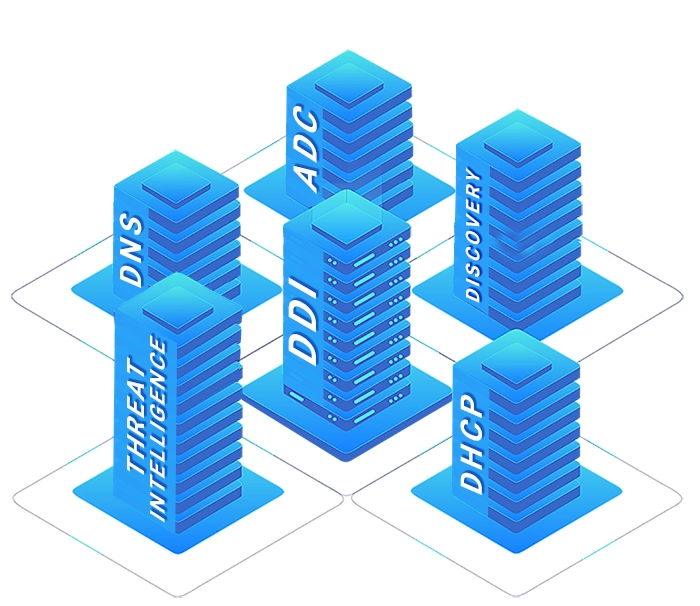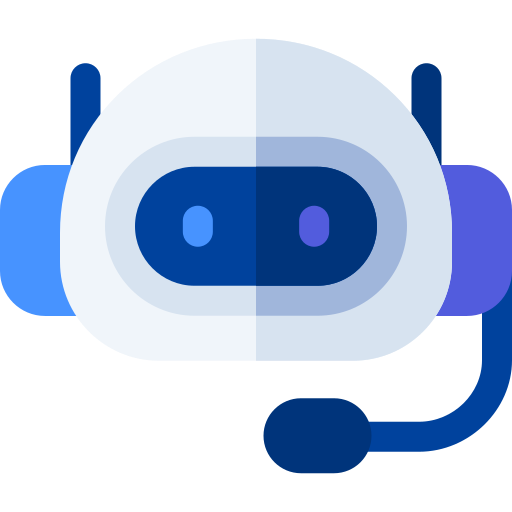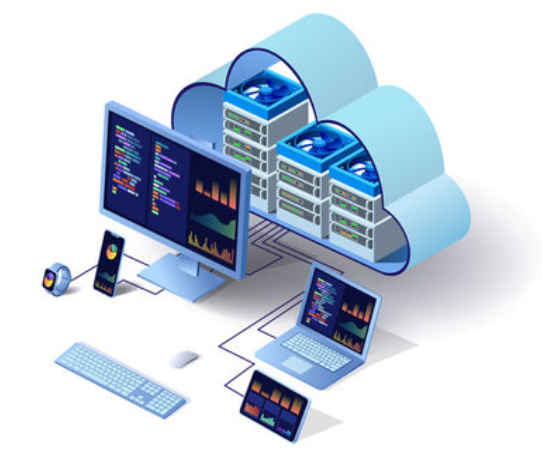Reconcile DNS into
Central IP Management using the TCPWave IPAM T-Mesh workloads
Princeton, NJ - October, 2018 -
TCPWave Inc today announced that the TCPWave T-Mesh software
platform is now supported in Microsoft Azure Stack, Google Cloud
Engine and Amazon Web Services. At the core of the TCPWave
T-Mesh platform is the TCPWave IPAM that, when combined with
TCPWave T-Scanner software, provides consistent and secure
networking operations and telemetry across multiple public and
private cloud environments and is designed to simplify integration
and management of hybrid clouds for enterprise customers.
“TCPWave has had
a long-standing relationship with Amazon AWS, Google Cloud Engine
and Microsoft Azure. The combination of TCPWave IPAM with the
cloud stacks brings the best of secure connectivity and cloud
principles to top enterprises around the world,” said Jyothi
Siripurapu, Vice President, Cloud Automation Division for TCPWave
Inc.
Murali Sappa, CTO,
TCPWave Inc. said, “As TCPWave expands the footprint of a
central DDI Model, we are pleased to have TCPWave Inc provide
seamless integrations with Amazon AWS, Google Cloud Engine,
Microsoft Azure, ServiceNow Workflows, VMWare and various
container orchestrator plugin functionalities. Since 2010,
TCPWave had a vision to provide a DDI solution for the hybrid
cloud enterprises using modern methods and we excel in doing so.
Our multi sun-planet model permits a multi-IPAM distributed
management ecosystem with a SmartPlanet technology where a remote
DNS device automatically chooses the best management node. This
kind of a disaster recovery feature is not heard of in the DDI
industry.”
Mr. Sappa also said
that “TCPWave now provides a full support of federated SAML
authentication support with the 11.22 (Santa Lola) version.
Enterprises can now leverage the Single Sign-on Model and perform
the permitted DNS or DHCP changes. The TCPWave IPAM is the first
DDI in the industry to do this.”
The TCPWave NSOC is
a virtual network appliance that empowers customers to share the
same network services platform, running identically in the virtual
private clouds and on premise physical or virtual appliances. This
approach provides a consistent and familiar operational experience
via its industry-standard Command Line Interface (CLI), open APIs,
value added-extensions, SmartCloud sockets, cloud-grade DNS
services and orchestration tools in both on-premises and public
cloud locations as well as across multiple clouds. TCPWave NSOC
provides improved scaling and visibility for enterprise customers
adopting hybrid cloud deployment architectures with a single-image
network services stack.
By providing a single
binary image across public and private clouds, TCPWave NSOC
makes it easy to manage, troubleshoot and configure network
connectivity across the cloud with centralized policy,
provisioning, monitoring and predictive capacity planning.
Further, it becomes cost-effective to deploy a topology with a set
of consistent standards within the public cloud with high
availability and routing scale to hundreds of thousands of
end-points.
TCPWave Integrations Continues to Expand.
The TCPWave IPAM is
designed using an extremely powerful and scalable REST API Engine.
Since modern Java is used under the hood, the same REST API calls
can be used while integrating the TCPWave IPAM with various
orchestrators. This integration is designed to support any public
or hybrid cloud environment, including Amazon Web Services (AWS),
the Microsoft Azure public cloud platform, Microsoft Azure Stack,
Google Cloud Platform and other public clouds, ServiceNow
Workflows, VMWare VRealize and various microservice orchestrators.
With this simplified approach, TCPWave IPAM became a single pane
of glass to provision, control, monitor and manage a complex
enterprise DDI model that provides the core of all TCPWave cloud
networking solutions for next-generation datacenters and cloud
networks.
Availability
TCPWave IPAM 11.22
(Santa Lola) comes with a complex multi hub-spoke model that
scales in a linear fashion. In this model, multiple IPAM master
nodes replicate a relational database in real time using SQL
binary logs. Each remote DDI node (physical or virtual) connects
to the closest and fastest DDI master using a logic that leverages
predictive analysis. Further, any DDI master can manage any DDI
remote without requiring the remote to have a mandatory management
channel to it. In other words, a mesh of management nodes controls
a constellation of DDI remotes. This model provides a robust
disaster recovery in an enterprise without adding up costs.
About TCPWave Inc
TCPWave Inc pioneered
software-driven, cognitive cloud networking for large-scale hybrid
cloud datacenter and campus environments. TCPWave's award-winning
platforms redefine and deliver availability, agility, automation,
analytics and security. TCPWave has a proven track record of
serving billions of DNS requests with a 99.99999% SLA. Committed
to open standards across private, public and hybrid cloud
solutions, TCPWave products are supported worldwide directly and
through OEM partners. TCPWAVE, T-Mesh and NSOC are among the
registered and unregistered trademarks of TCPWave Inc. in
jurisdictions around the world. Other company names or product
names may be trademarks of their respective owners. Additional
information and resources can be found at www.tcpwave.com. This
press release contains forward-looking statements including, but
not limited to, statements regarding the benefits and best
practices utilized in the design, implementation and incorporation
of TCPWave's T-Mesh Platform, DDI software and the enablement of
consistency, security, performance, efficiency and cost savings.
All statements other than statements of historical fact are
statements that could be deemed forward-looking statements.
Media Contact
Eric Wagner
Corporate Communications
Tel: (917) 767-2222
[email protected]







